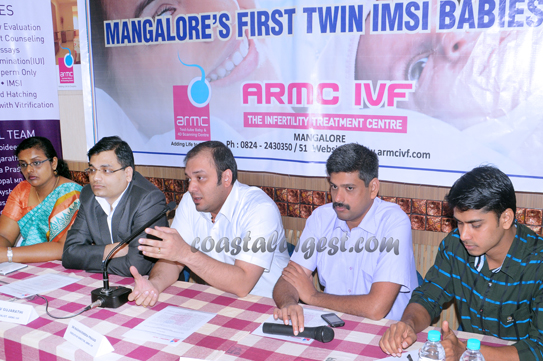Bengaluru, Feb 17: A combative ruling BJP is bracing to face the onslaught of the opposition Congress and the Janata Dal-Secular (JD-S) in the year's first legislature session beginning on Monday.
"We are ready to counter the opposition parties on any issue they want to raise or discuss, keeping in view the spirit of fairness in a democratic set-up, as we have the numbers to provide a stable government," party's state unit spokesman G. Madhusudhana told news agency here.
Ahead of the 3-day session, the BJP's legislature party met here under the leadership of Chief Minister B.S. Yediyurappa to chalk out its strategy to address issues, move bills and present the state budget for fiscal 2020-21.
"We hope the Congress and JD-S members will allow Governor Vajubhai Vala to address the joint session of the legislature on Monday and not disrupt his speech or walkout of the House before he concludes to maintain the dignity of his office," Madhusudhana said after the BJP meeting at a private hotel over dinner.
The legislature will resume the month-long budget session on March 2 with a special discussion for two days on the Constitution, markings the 70th year of its adoption and enforcement.
About 100 legislators, including the three Deputy Chief Ministers, the newly sworn-in cabinet ministers, council members and party's state unit members participated in the 2-hour long meeting.
"Yediyurappa, who also holds the Finance portfolio, will present the state budget for fiscal 2020-21 on March 5, which will be the fifth time as the fourth Chief Minister in over a decade," the official said.
Both the Houses will deliberate on the budget proposals and pass it by March 31.
In the 225-member Assembly, including one nominated, the ruling BJP has 117, opposition Congress 68, Janata Dal-Secular (JD-S) 34, Bahujan Samaj Party (BSP) one, Independents 2 and vacant 2.
Buoyed up by winning 12 of the 15 seats in the December 5 assembly by-elections, the party is confident of passing the finance and other bills, as it has the support of 119 members, including 2 Independents in the lower House.
"There is no threat to our government, which will complete the remaining 3-year term of the Assembly till May 2023. Yediyurappa has already won the majority test on July 29, 2019, three days after he took office for the fourth time," Madhusudhana said.
The Congress, however, asserted that it would raise the alleged misuse of police against the opposition members, anti-CAA protestors and minorities.
"We will question the morality of the government in making a tainted legislator like Anand Singh a forest minister when a dozen illegal mining cases are pending in the courts," a Congress official told news agency.





Comments
Thank you for the useful article. You have given very good information.
Very good information about the IVF. thank you.
Thank you for given information about the IVF.
Add new comment